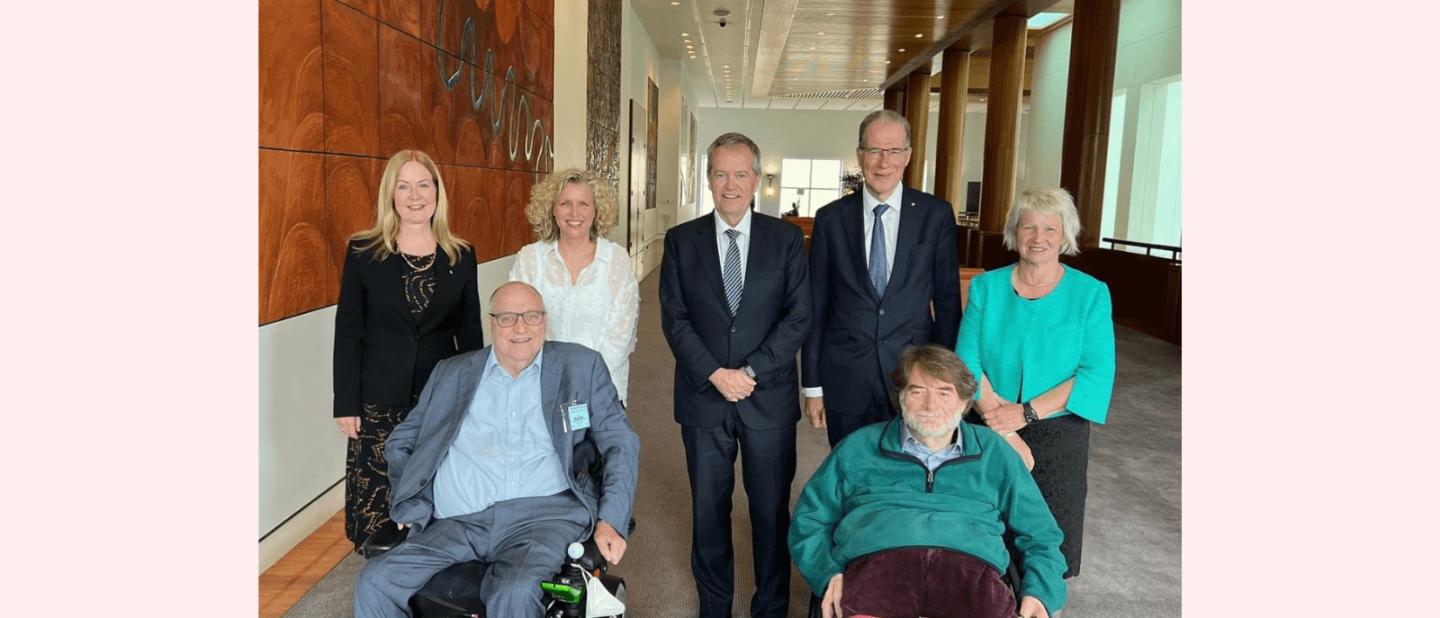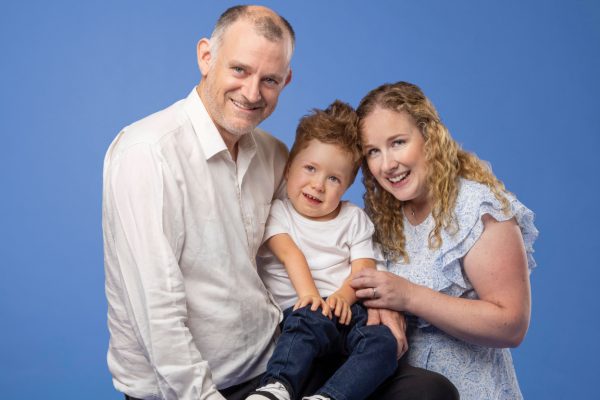
BILL SHORTEN LAUNCHES INDEPENDENT NDIS REVIEW
By Rebekah Devlin
The Albanese Government has launched an Independent Review into the National Disability Insurance Scheme to “improve the wellbeing of Australians with disability and ensure the Scheme’s sustainability so that future generations receive the benefit of the NDIS”.
It fulfils an election promise to “review NDIS design, operation and sustainability to get the NDIS back on track”, ensuring the NDIS is working effectively to deliver services and supports to people with disability.
NDIS Minister, Bill Shorten, said the NDIS review will work with participants, their families and carers, as well as providers and workers to put people with disability back at the centre of the NDIS.
“The NDIS review will help us make the NDIS a world-class scheme to improve outcomes for people with a permanent and significant disability so they can live an ordinary life,” he said.
“The review will also reduce the needless waste happening in the NDIS to ensure it is a world-leading scheme changing the lives of people with disability.”
The Independent Review Panel is led by Co-Chairs Professor Bruce Bonyhady AM and Ms Lisa Paul AO PSM, alongside Panel Members Mr Kevin Cocks AM, Ms Judy Brewer AO, Dr Stephen King, Mr Dougie Herd and Ms Kirsten Deane OAM.
Part 1 of the review, which will be led by Dr Bonyhady, will examine the design, operation and sustainability of the scheme.
Part 2 of the review, which will be led by Ms Paul, will analyse ways to build a more responsive, supportive, and sustainable market and workforce.
Announcing the review this afternoon, Mr Shorten encouraged all NDIS stakeholders to engage with the review so it can deliver effective and practical outcomes.
“Unfortunately a decade of Liberal governments has seen the NDIS become a source of stress and anxiety for many people with disability,” he said.
“Labor’s NDIS review will restore the Australian community’s trust and confidence in this critically important scheme. We will take into account what people already said, even if it was not acted on previously.
“It will apply best-practice policy design that supports people with disability through genuine engagement and co-design with people with a lived experience. We will bring people into the tent.
“The NDIS Review will examine the market and workforce opportunities to break-down barriers that prevent people with disability from achieving their life goals and participating in social and economic life.”
A final report, including opportunities for reform, will be delivered by the Independent Review Panel to Disability Reform Ministers by no later than the end of October, 2023. However, as consensus emerges around reforms, changes may be enacted well before the final report.
“The panel chosen to lead the review are some of Australia’s leading experts on disability and each of them comes to the table with the aim of ensuring the NDIS achieves its goal and is there for future generations,” Mr Shorten said.
Minister Shorten emphasised the review will be guided by Australia’s commitments under the United Nations Convention on the Rights, Australia’s Disability Strategy 2021-31 and the National Agreement on Closing the Gap.
“I want to thank state and territory governments, people with disability and the disability sector for their ongoing contributions to bring the Scheme back to its original intent,” he said.
“We want the review to be inclusive and comprehensive.
“The review will consider the perspectives of First Nations participants, different cultures and socio-economic groups, age, gender and sexuality.
“I encourage the whole community to contribute to this process so that we can collectively build a stronger system that supports and empowers people with disability.”
Minister Shorten said a decade of Liberal mismanagement of the Scheme had left Australians with an NDIS that is forecast to cost an extra $8.8 billion over four years from 2022-23 but that too often under-delivered for people with disability.
“We want a scheme that is sustainable and efficient while delivering for people with disability,” he said
“This review can provide refresh for the NDIA and a new hope for the hundreds of thousands of Australians who rely on it.”
The NDIS is forecast to cost more than $50 billion a year by 2025-26.






